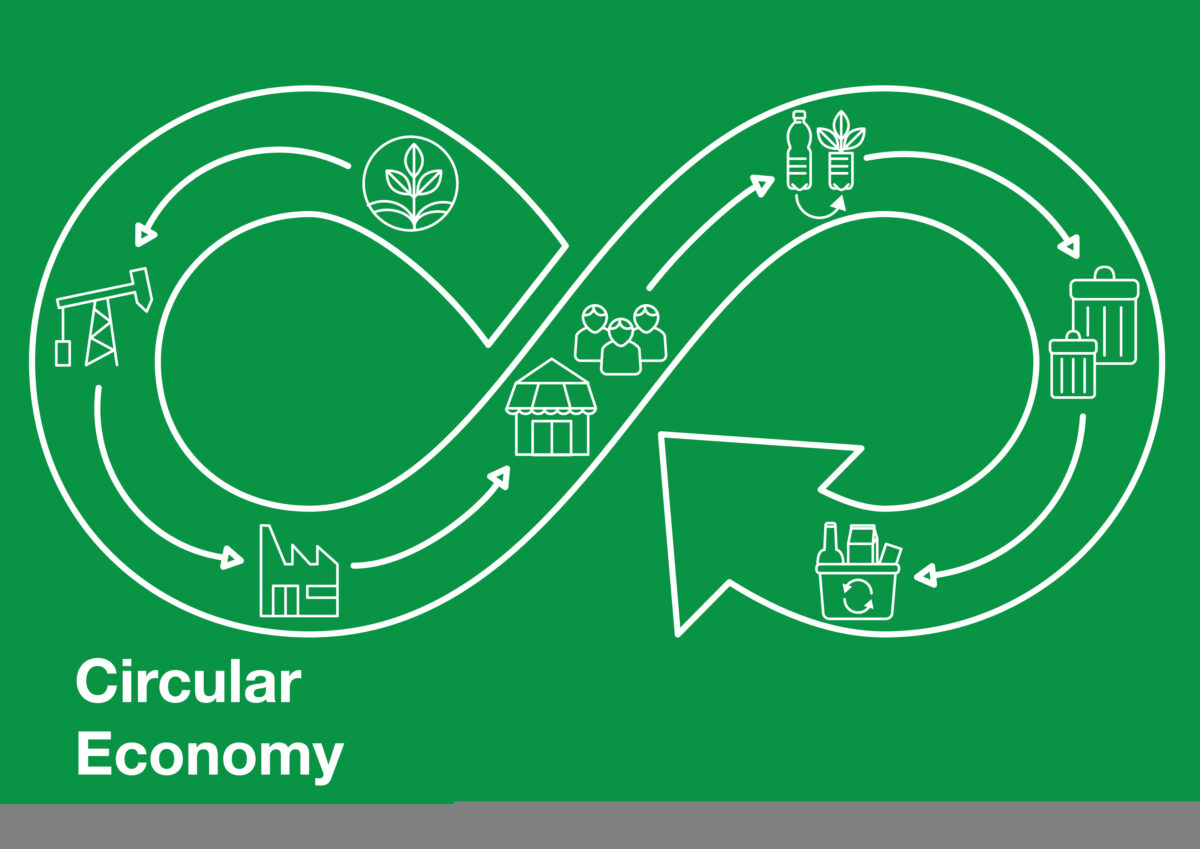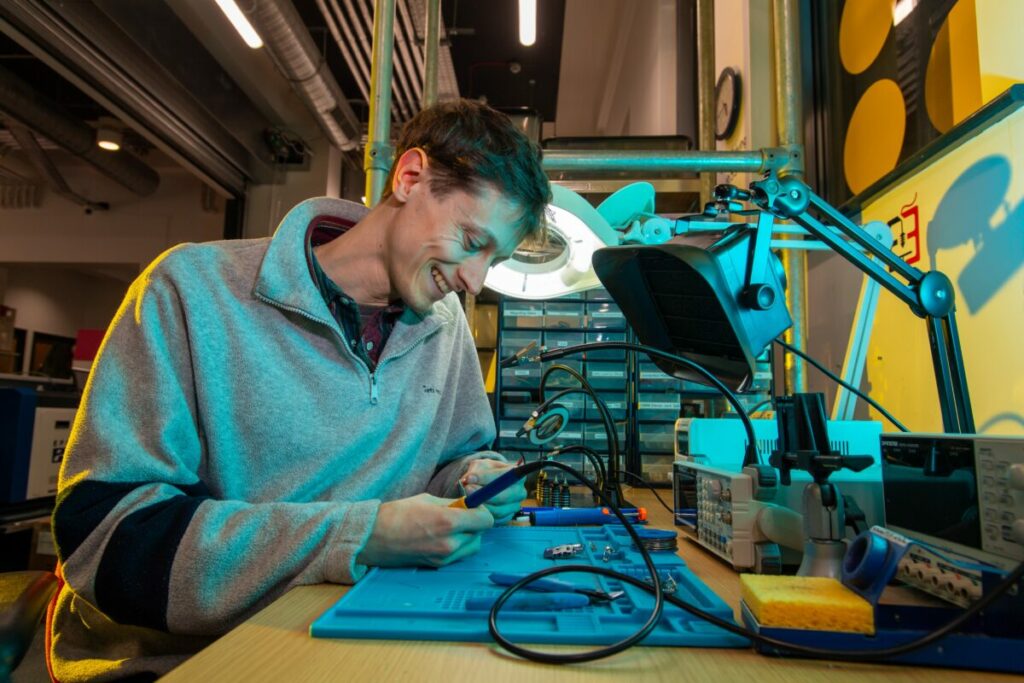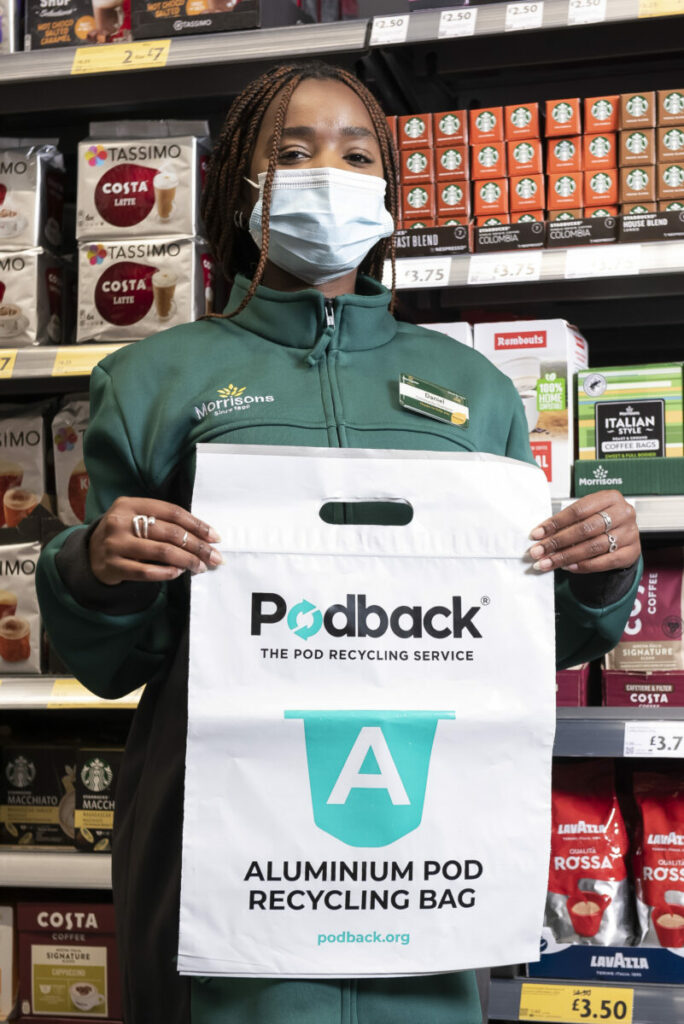The UK is setting up the world’s first UN-backed centre for circular economy research, as it looks to ramp up its green credentials.
The centre, called the International Centre of Excellence on Sustainable Resource Management in the Circular Economy, will open in April 2024, and marks the government’s latest push to tackle waste and polluting plastics.
The idea of a circular economy – one in which resources, such as paper and plastic, are constantly reused and regenerated to reduce pollution – has been around for years but its popularity has increased recently with an increased focus on sustainability.
Robbie Moore, the government’s resources minister, said the centre showed “real recognition of the UK’s global leadership in sustainable resource management and testament to Britain’s world-leading academic expertise”.
He added: “We are delighted to host this centre, enabling our cutting-edge UK academics to develop the tools and research that will help countries across the world seize the opportunities of the circular economy, leading the way in the transition to a greener future.”
Supported by the United Nations Economic Commission for Europe (UNECE), the centre will be tasked with developing sustainable approaches to the circular economy and better use of resources, to help carbon reduction and the move to a greener future.
Subscribe to Sustainability Beat for free
Sign up here to get the latest sustainability news sent straight to your inbox everyday
The centre will also help other countries in their efforts to move towards a circular economy.
The centre will be made up of five institutions: University College London (UCL), University of Exeter, Brunel University London, Swansea University and the British Geological Survey.
Co-ordinated by a government-funded UNECE research manager based in Geneva, the institutions will leverage their expertise to explore circularity in areas including metals, construction and critical minerals to develop effective data, technological innovation, finance models and policy.
The five institutions have together contributed £1.85 million to fund the centre’s technical activities.
On average British households are estimated to throw out 66 items of plastic per week, and over a year this amounts to 3,432 pieces of plastic.
The new centre builds on the government announcement last year to use fewer new resources, drive up the repair and reuse of existing materials, and increase recycling.
The circular economy trend has been adopted by several brands looking to drive up their green credentials.
The likes of Ikea, clothes retailer Cos, Wagamama and Levi have announced initiatives in this space.















